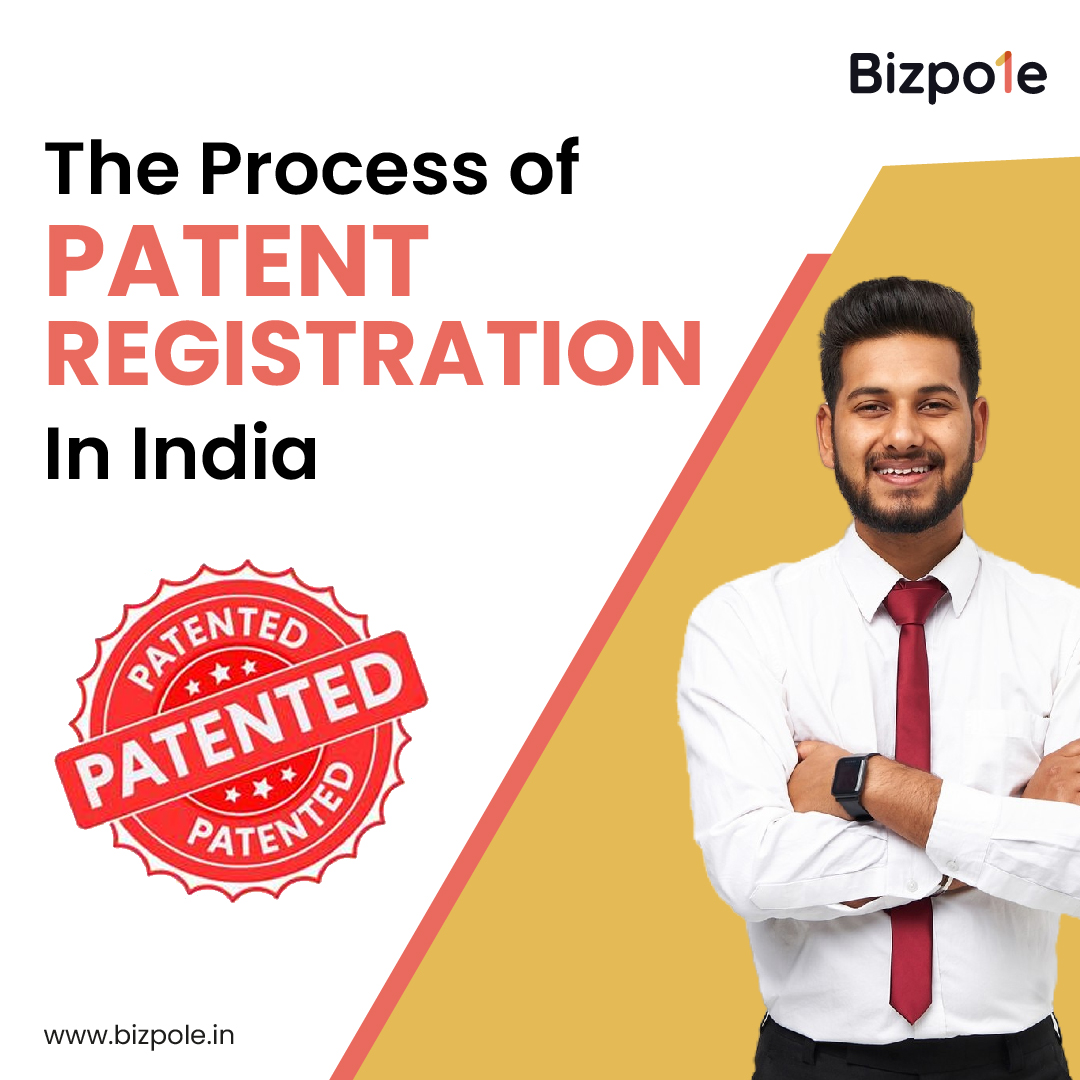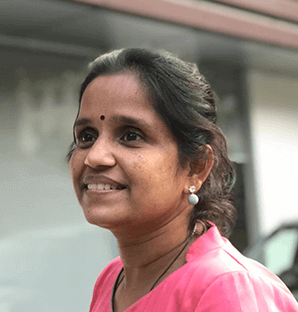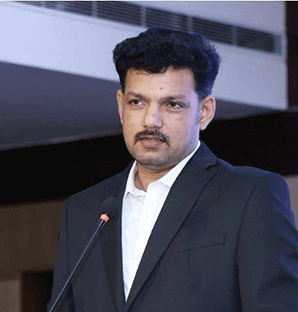How do you ensure your idea is protected? The answer is patenting it. Patents are incredibly important for protecting the rights of inventors and creators. They provide exclusive rights to the inventors and creators for a certain period, allowing them to prevent others from making, using, or selling their inventions without their permission. In India, the process of obtaining a patent is governed by the Indian Patent Act of 1970. This act outlines the requirements and procedures for obtaining a patent in India, ensuring that the rights of innovators are recognized and protected. By adhering to this act, inventors can register their patents and prevent others from exploiting their innovations without authorization.
Eligibility For Patent Registration
In India, a diverse range of inventions is eligible for patent protection. These inventions can fall into several categories:
- Products: This category encompasses novel and inventive tangible items such as machinery, gadgets, chemicals, drugs, and fabricated goods. These products must demonstrate unique characteristics or features to qualify for patent protection.
2. Processes or Methods: Patents can be granted for new and inventive procedures or methods that offer a unique way of carrying out a task or creating an item. This includes manufacturing techniques, industrial processes, or groundbreaking methodologies. To qualify for a patent, the process or method must be novel, non-obvious, and applicable in an industrial setting.
3. Machines: Any innovative and practical mechanical inventions, especially those showcasing novel mechanisms or parts, are eligible for patent protection. These inventions must demonstrate an inventive step and industrial applicability to qualify for a paten
4. Manufactured Goods: The uniqueness and inventiveness of the manufactured goods are crucial factors in determining their eligibility for patent protection.
5. Chemical Formulations: Novel and inventive chemical substances, encompassing medicinal drugs and other chemical compositions, are eligible for patents. These chemical formulations must demonstrate uniqueness, inventiveness, and industrial applicability to qualify for patent protection.
6. Biotechnological Discoveries: Advances in the field of biotechnology, such as genetic modifications, gene mapping, and biotech processes, can be patented. These discoveries must demonstrate novelty, inventive steps, and industrial applicability to receive patent protection.
7. Software and Digital Innovations: Software and computer-related inventions that show originality and inventiveness are eligible for a patent. These innovations must demonstrate technical advancement, novelty, and industrial applicability to be eligible for patent protection.
Documents Required For Patent Registration In India
When applying for a patent in India, it is important to ensure that the following documents and information are provided:
- Patent Registration Application: Form-1, which includes details about the invention and the applicant.
2. Complete Specifications: Form-2. If complete specifications are not available, a provisional specification can be submitted. This document should describe the invention in detail, including how it works and its technical features.
3. Statement and Undertaking: Form-3, contains a statement asserting the novelty and inventive step of the invention and an undertaking that the applicant will not file a patent application outside India.
4. Inventor’s Declaration: Form-5, is a declaration from the inventor clarifying the details of the invention and its originality.
5.Proof of Right: Documentation from the inventor confirming the applicant’s right to apply for patent registration, such as an assignment deed or employment agreement.
6.Power of Authority: when a patent agent or legal representative is submitting the patent application, a power of authority, is required to continue with the registration.
7.Priority Documents: For convention applications (from the Paris Convention) or PCT (Patent Cooperation Treaty) national phase applications, it’s imperative to present priority documents, including details of any earlier applications made in other countries.
8.Permission from National Biodiversity Authority: If the invention involves biological material sourced from India, obtaining permission from the National Biodiversity Authority is mandatory. This includes details about the access and benefit-sharing regulations concerning the biological material.
9.Source of Biological Material: The patent application should specify the source or origin of any biological material mentioned in the specifications, including details of the collection and utilization of the biological resource.
If you are looking for Patent registration in India, then we at Bizpole can assist you not only with trademark registration but also with all the possible solutions to the problems your current and future business might face. We provide services for private limited company registration, GST return filing online, income tax return filing services, etc. At Bizpole we ensure the smooth running of your business is at its peak both in its efficiency and growth. We understand the specific problem that your venture is facing and offer a personalized solution to the same.



















